 | Mid-Atlantic Group Psychotherapy Society The Mid-Atlantic Group Psychotherapy Society (MAGPS) is a regional affiliate of the American Group Psychotherapy Association that serves group therapists in Virginia, West Virginia, Maryland and the District of Columbia. |
Creating Connection through Empathy:
Working with the Intersection of Identities in the Group Process.
fall 2021 (virtual) conference
In a time of overwhelming uncertainty, socio-political crisis, and isolation, people are craving connection. Group provides an opportunity to share experiences, connect and feel seen, validated, and accepted by others. However, many individuals have struggled to access these positive benefits of the group, particularly those with marginalized identities. How do we create a group environment that invites the entirety of one’s experience including the parts of themselves that are othered and discriminated against? How do we shift from creating connection through harmful conflict to a healthy exploration of differences? Dr. Kathleen Isaac will share how to use empathy and principles of liberation psychology to work with trauma and integrate the intersections of race, sexual orientation, and gender identity into the group process. Learning Objectives:
|
Registration rates and informationConference Fees: Registration Deadline: Cancellation Policy: For registration assistance, or to register by phone, contact our conference registrar Jackie Darby at registration@magps.org. Education and ScholarshipMAGPS is an affiliate of the American Group Psychotherapy Association serving psychotherapists from DC, MD, VA, and WV. Its mission is to provide and support group psychotherapy training and education. Scholarship Opportunities: MAGPS supports the professional development of students, interns, residents, and clinicians early in their careers by offering various scholarships to cover registration and banquet costs. First-time attendees and new professionals may register at reduced rates. To apply for a scholarship, send an email to Cristina Secarea at scholarships@magps.org. 11 CE CREDIT HouRSParticipants must have paid tuition fee, logged in and out each day, attended the entire webinar, and completed an evaluation to receive a certificate. Failure to log in or out will result in forfeiture of credit for the entire course. No exceptions will be made. Partial credit is not available. Certificates will be available following course completion at www.ceuregistration.com Cosponsored by R. Cassidy Seminars, P.O. Box 14473, Santa Rosa, CA 95405 Psychologists Psychoanalysts Social Workers IL-SWs: Illinois Dept of Professional Regulation, Approved Continuing Education Sponsor, #159.000785. Counselors/Marriage and Family Therapists OH: Provider approved by the Ohio Counselor, Social Worker and Marriage and Family Therapist Board for Chemical Dependency Counselors Educators Nurses Disability Access - If you require ADA accommodations please contact our office 30 days or more before the event. We cannot ensure accommodations without adequate prior notification. Please Note: Licensing Boards change regulations often and while we attempt to stay abreast of their most recent changes, if you have questions or concerns about this course meeting your specific board’s approval, we recommend you contact your board directly to obtain a ruling. | Presenter BioKathleen Isaac, PhD
One of our Student/New Professional Representatives, Margaret Francis, interviewed Dr. Isaac in advance of the conference. Here is a video recording of that conversation. SMALL GROUP consultantsMAGPS traditionally invites seasoned local group facilitators to serve as small group leaders (SGLs), along with at least one guest from another affiliate society in an effort to promote stronger connections with our colleagues across the country. These small group process leaders will serve to help guide attendees take a deep dive into understanding the ways in which they engage with others on an interpersonal level. Participants will be randomly selected prior to the start of the conference. This year's SGLs include: Josh DeSilva, PsyD Recommended ReadingsBemak, F., & Chung, R. C. Y. (2019). Race dialogues in group psychotherapy: Key issues in training and practice. International Journal of Group Psychotherapy, 69(2), 172- 191. Finlay, L. D., Abernethy, A. D., & Garrels, S. R. (2016). Scapegoating in group therapy: Insights from Girard’s Mimetic Theory. International Journal of Group Psychotherapy, 66(2), 188-204. Gitterman, P. (2019). Social identities, power, and privilege: The importance of difference in establishing early group cohesion. International Journal of Group Psychotherapy, 69(1), 99-125. Kent, J. (2021). Scapegoating and the ‘angry black woman’. Group Analysis, 0533316421992300. Kinouani, G. (2020). Silencing, power and racial trauma in groups. Group Analysis, 53(2), 145-161 Schmidt, C. (2018). “Don’t Shy Away From Race Prejudice.” Group. 41(2): 9-22. Miles, J. R., Anders, C., Kivlighan III, D. M., & Belcher Platt, A. A. (2021). Cultural ruptures: Addressing microaggressions in group therapy. Group Dynamics: Theory, Research, and Practice, 25(1), 74. |
Disclosure of Commercial Support and the Unlabeled Use of a Commercial Product: No member of the planning committee and no member of the faculty for this event have a financial interest or other relationship with any commercial product(s) discussed in the program. The Washington School of Psychiatry is an independent non-profit organization. It is not affiliated with the government of the District of Columbia or the government of the United States. Please Note: Licensing Boards change regulations often and while we attempt to stay abreast of their most recent changes, we recommend you contact your board directly to obtain a ruling if you have questions or concerns about this course meeting your specific board’s approval.

